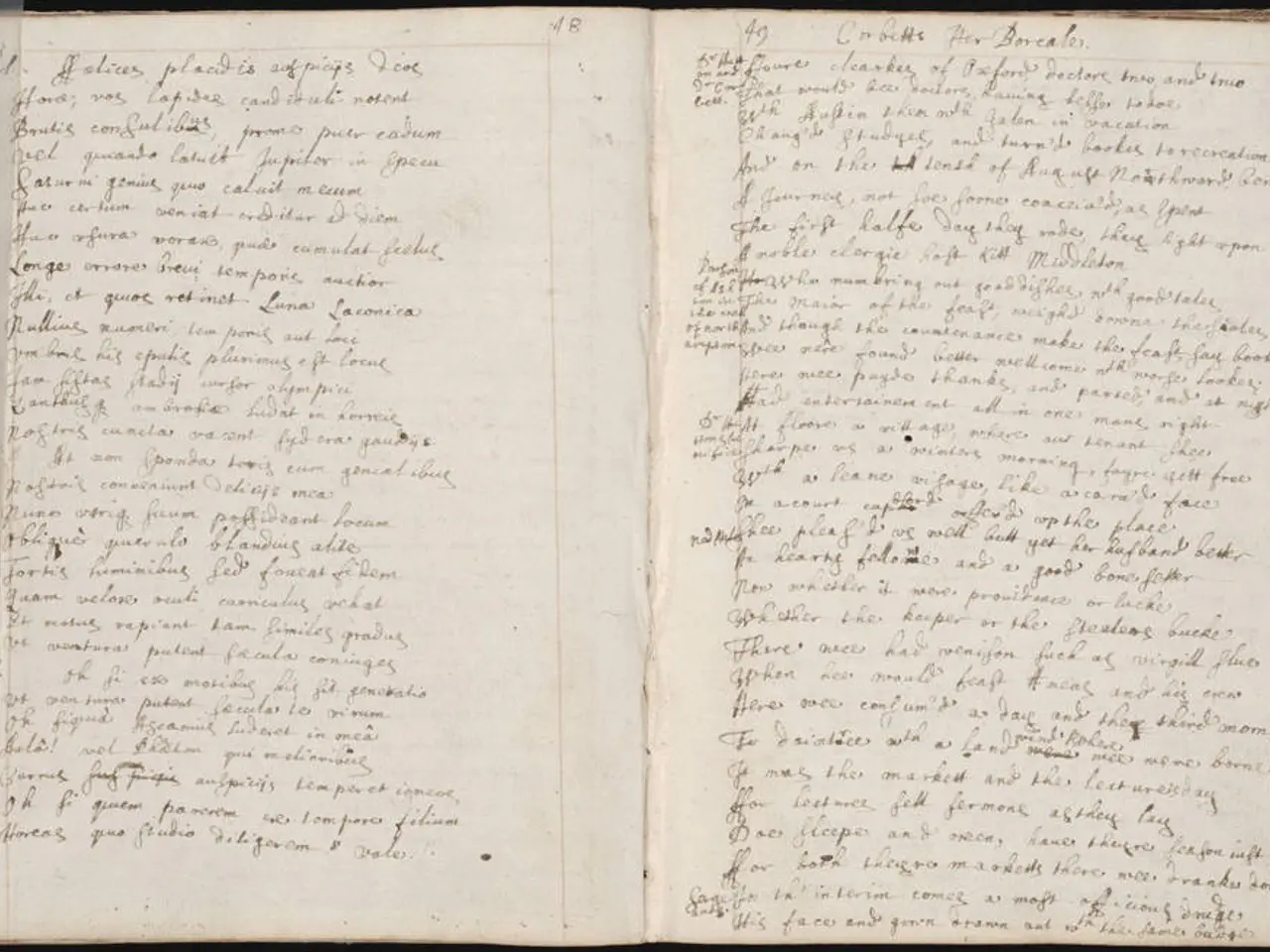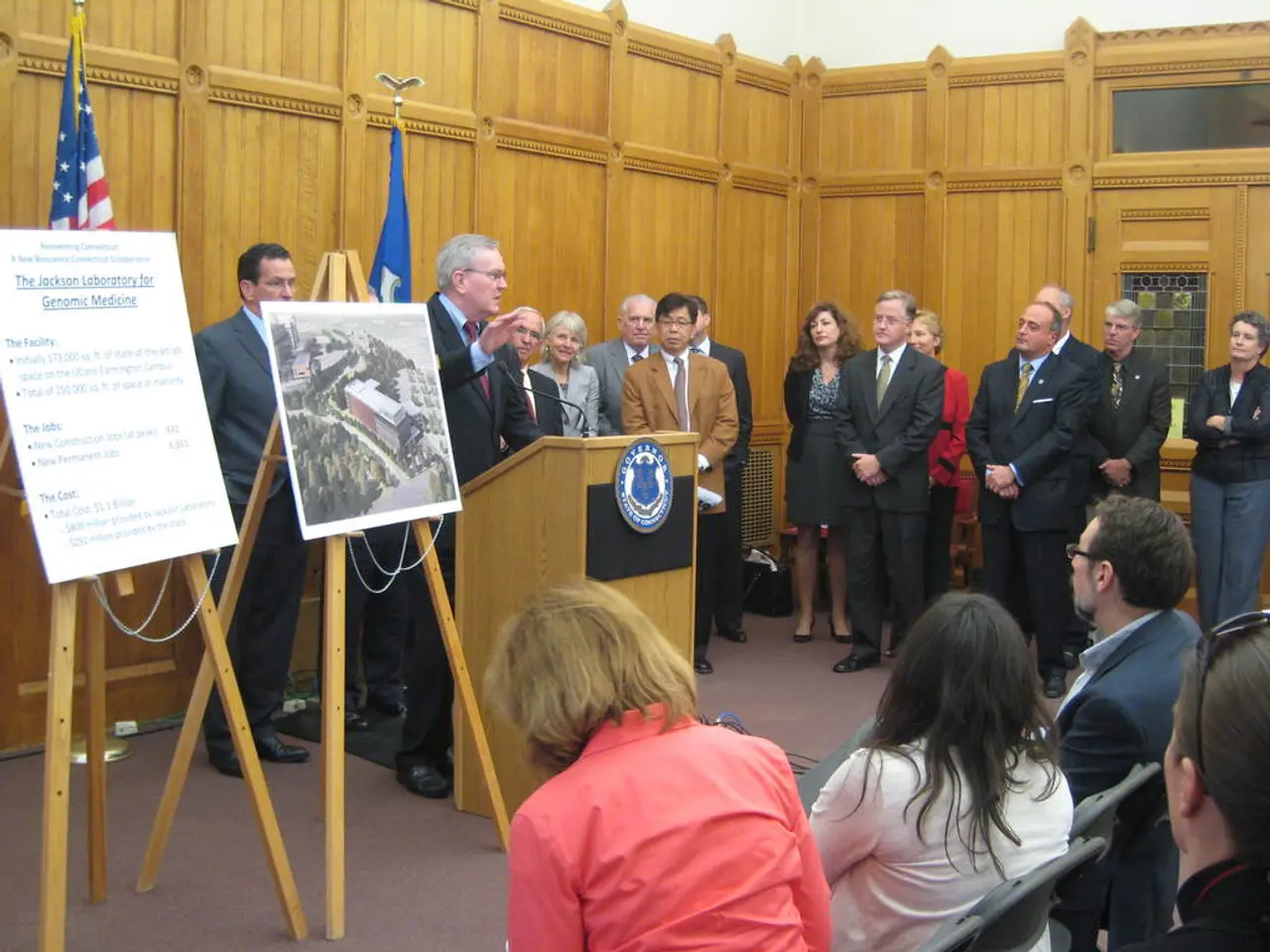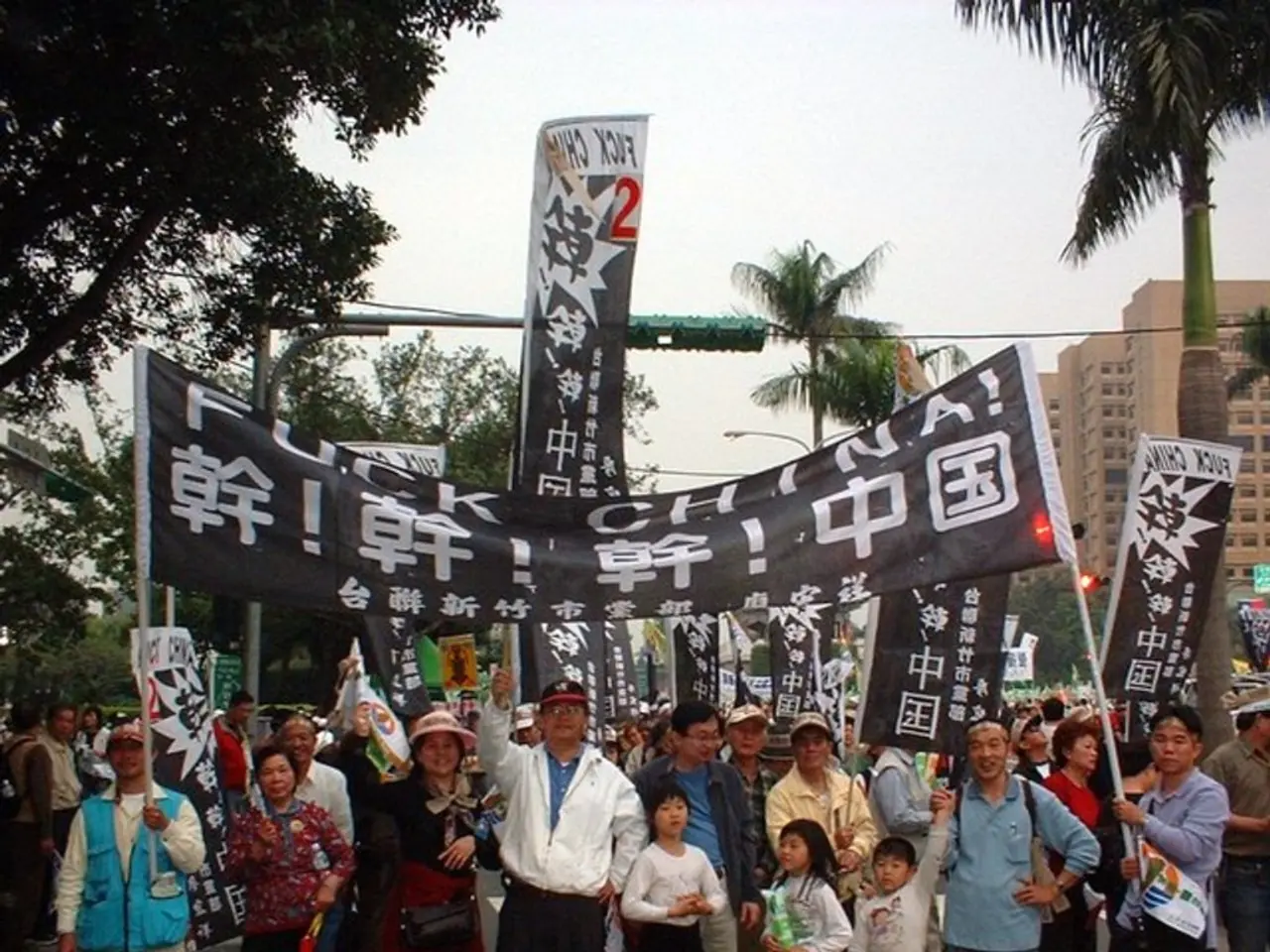Church's Intensified Witch Hunt: Uncovering the Brosius-Gersdorf Saga
In a heated political and judicial controversy, the Catholic Church has faced criticism for attempting to influence the independent judiciary, particularly in the contentious election of constitutional judges. The focus of the debate centres on Professor Frauke Brosius-Gersdorf, a nominee for the German Constitutional Court, and the Church's stance on fundamental questions about human dignity and abortion law.
At the heart of the criticism is the Church's intervention in the selection process. Bishops such as Stefan Oster of Passau and Rudolf Voderholzer of Regensburg publicly opposed Brosius-Gersdorf's nomination, arguing that anyone who relativises protections for human dignity—including those who support abortion rights—should be disqualified from serving on the court. The bishops emphasised their position that the state must guarantee human dignity protections without exceptions, implicitly linking this to abortion rights debates.
Matthias Miersch, SPD parliamentary group leader, has condemned the involvement of high-ranking Catholic prelates in this nomination debate, describing it as "unchristian" and inappropriate. He labelled the postponement of Brosius-Gersdorf’s nomination as a result of a "smear campaign" fuelled by right-wing groups, and criticised the Church's role in this dynamic.
Comments by Catholic figures, such as Gössl from the Archdiocese of Bamberg, have been accused of inciting hate or hostility against the nominee. However, the archdiocese clarified that such remarks were not directed at any individual but were warnings against perceived shifts in constitutional law paradigms. Gössl publicly denied any intent to incite hatred, particularly against any one person.
The controversy has taken a personal toll on Brosius-Gersdorf, who has received death threats and police protection due to the heated debate. She has refuted misrepresentations—specifically denying the claim that she supports abortion up to birth—and stated her position more precisely as a constitutional law scholar.
Critics argue that the Catholic Church's high-profile interventions in the judiciary's judicial appointments, leveraging strong language on human dignity grounds tied to abortion, represent undue pressure on an independent legal process. Some see these actions as harmful to judicial independence and respectful discourse in the democratic process. Meanwhile, Church supporters portray these actions as defending fundamental moral principles.
This clash has fueled public and political backlash, with accusations that the Church is overstepping and engaging in polarising rhetoric that some interpret as hate speech or an attempt to intimidate judicial decision-making. The controversy has also led to allegations that the Church is using abortion as a pretext for a hate campaign, and that more attempts are being made publicly to manipulate the election of constitutional judges.
The Catholic Church's critics claim that the target of the hate campaign against Brosius-Gersdorf is not about protecting life or human dignity, but about gaining control over women who can bear children. Some have accused the Church of losing its sense of reflection, and of undermining both the ruling coalition and the Federal Constitutional Court.
The Catholic Church's slow response to abuse cases has also led to accusations of a lack of concern for children's well-being, and a loss of its mandate to speak as an advocate for children's dignity in the abuse scandal. The current paragraph 218a serves as a tool for those seeking political control over the judiciary, further fuelling the controversy.
In response, some Church officials have expressed regret for their actions. For instance, Bishop Bätzing has expressed regret for his sermon regarding Professor Brosius-Gersdorf, while Irme Stetter-Karp, president of the Central Committee of German Catholics, has not publicly addressed unchecked accusations against Brosius-Gersdorf.
As the controversy continues, the issue of the Catholic Church's role in the judiciary remains a contentious one, with many questioning its commitment to the independence of the judiciary and respectful discourse in the democratic process.
- The critics are asserting that the Catholic Church's interference in the selection process of constitutional judges, by using strong rhetoric about human dignity tied to abortion, exerts undue pressure on the independent legal process, threatening judicial independence and fostering harmful discourse in politics.
- Matthias Miersch, the leader of SPD parliamentary group, has criticized the Catholic Church for its involvement in the controversial nomination debate of Professor Brosius-Gersdorf, likening it to an unchristian and inappropriate intrusion, while also condemning the postponement of her nomination as a result of a smear campaign.




